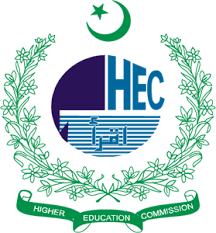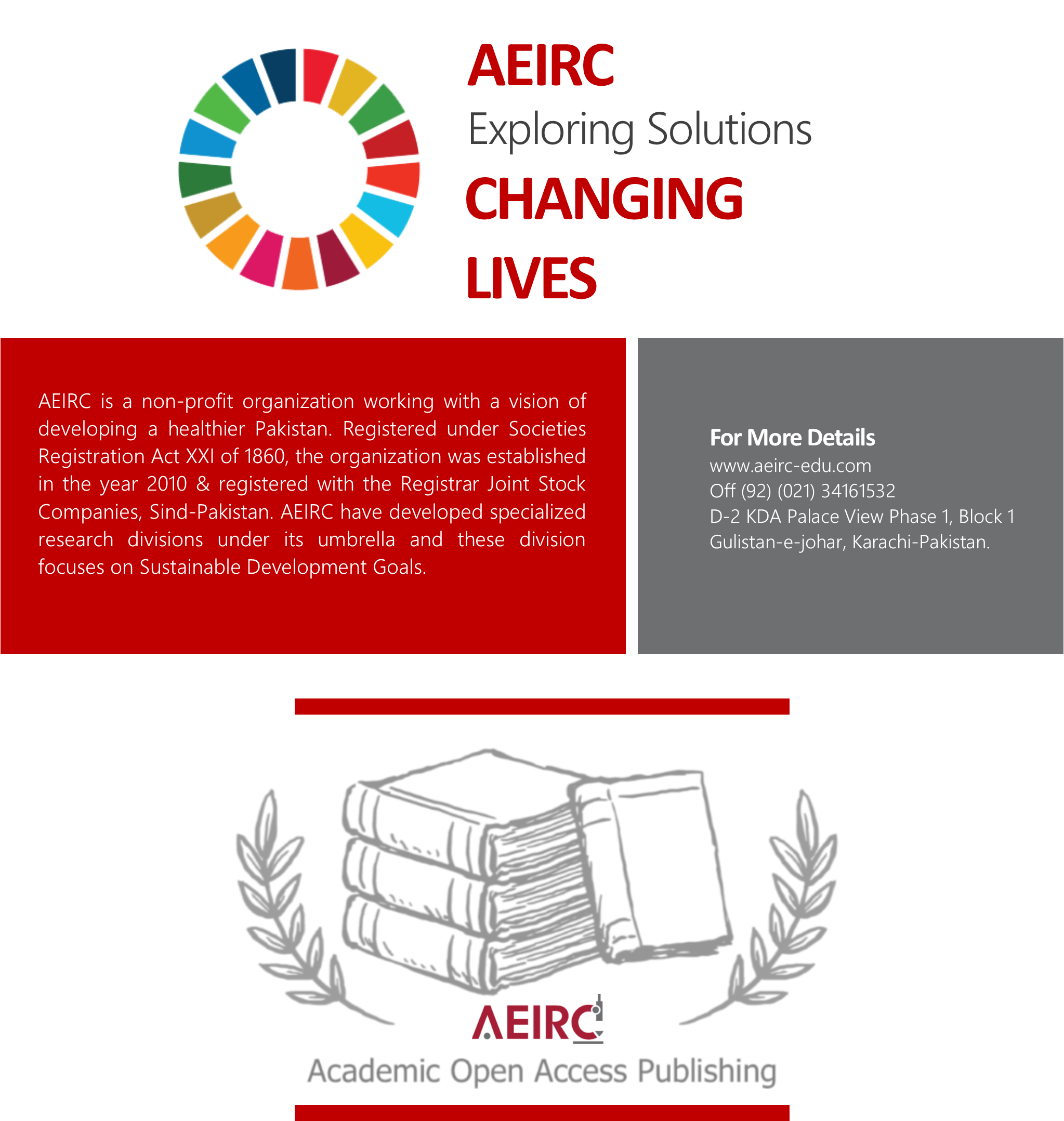Comparative analysis of perceived medical school stress among freshman & graduate year senior students
DOI:
https://doi.org/10.29052/2412-3188.v6.i1.2019.30-34Keywords:
Medical School Stress, Medical Students, Perceived Stress, Medical EducationAbstract
Background: Research indicates that medical students are exposed to higher stress levels due to extensive academic programs. In order to control this public health issue, it is important to understand the significance and impact of stress on the personal as well as professional life of the medical school students. To compare the perceived medical school stress among freshman and graduate year students of Medical School.
Methodology: This cross-sectional – comparative analysis, was conducted on a sample of 200 medical students from three different private medical colleges at Lahore. No gender or age-related bias was observed and the initial sample (chosen via simple random sampling). Basic biodata, sociodemographic details and score of the Perceived Medical School Stress (PMSS) were recorded using a structured questionnaire and analyzed using SPSS v.21 & Microsoft Excel 2017.
Results: Among, the 200 students chosen to be a part of the study, 100 were freshman (i.e. were first year students) with a mean age of 19 ± 0.5 years and 100 were graduate year senior students (i.e. were final year students) with a mean age of 22.9 ± 0.8 years. 29.5% of the sample comprised of males while the remaining 70.5% were females. The mean difference between the two groups of students in the PMSS academic domain was just - 0.59 (p = 0.587) and the mean difference in the psychosocial domain was 0.54 (p = 0.788). The mean difference in the total PMSS score was 0.05 (p = 0.999).
Conclusion: After careful consideration, it is concluded that the mean perceived medical school stress among medical students does not differ much between freshman and graduate year students. However, despite not being much diverse in both groups was the mean scores those are higher than what may be considered healthy for medical students. Thus factors, other than increasing educational years and the resultant increase in the difficulty of the course may be explored.
Downloads
Published
How to Cite
Issue
Section
License
Copyright (c) 2019 The Author

This work is licensed under a Creative Commons Attribution 4.0 International License.









